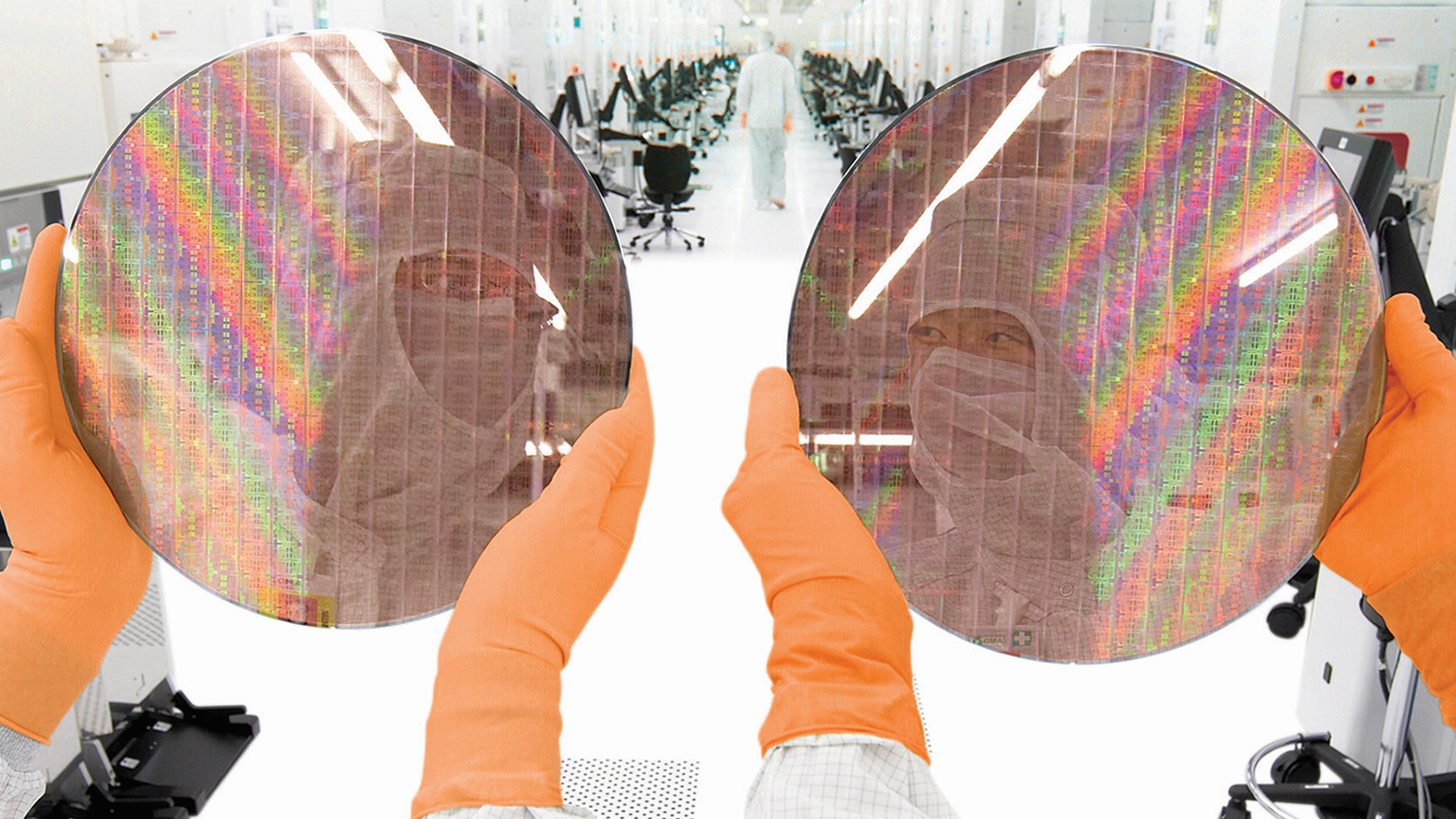
GlobalFoundries Sues IBM For Giving Chip Secrets to Intel, Rapidus
GlobalFoundries (GF) on Wednesday said it had sued IBM for revealing its trade secrets related to jointly developed chip technologies to Intel and Japan’s Rapidus consortium. The lawsuit also alleges that IBM is actively poaching GF’s engineers. The foundry demands compensation, punitive damages, an order to prevent further unapproved disclosures, and an injunction to cease inopportune enrollment practices.
GlobalFoundries alleges that IBM has illicitly revealed its proprietary IP and trade secrets that it got after acquiring IBM’s microelectronics division in 2015. The complaint asserts that IBM’s top management has portrayed the Intel and Rapidus collaborations as relying on technology developed over several decades from research conducted at the Albany NanoTech Complex. However, GlobalFoundries considers that IP its property following its acquisition of IBM’s microelectronics business eight years ago.
IBM is currently working with Japan’s Rapidus consortium on the latter’s 2nm fabrication process and with Intel on various semiconductor-related technologies as part of their partnership announced in 2021. Manufacturing technologies currently developed by Intel and Rapidus rely on gate-all-around (GAA) transistors. This type of transistor has been explored by various researchers at the Albany NanoTech Complex for years.
It is unclear what exactly IBM disclosed to Intel and Rapidus as part of their collaboration, but it is plausible that at least some of the IP it might have shared originated from its microelectronics division research. To that end, GlobalFoundries claims that IBM is unfairly getting ‘potentially hundreds of millions of dollars in licensing income and other benefits’ by sharing this IP with Intel and Rapidus. As a result, GlobalFoundries is seeking compensatory and punitive damages.
Another concern that GlobalFoundries has is that IBM is actively recruiting its engineers from Fab 8 and that these efforts have accelerated since IBM/Rapidus announcement in December 2022. GF now asks the court to put an end to these recruitment practices that the company calls unlawful.
GlobalFoundries quit developing leading-edge process technologies in 2018. It is unclear whether it will need IP developed before 2015 at Albany NanoTech Complex. However, at some point, the company will have to design its own sub-10nm and GAA-based production nodes to satisfy the growing needs of its customers.
IBM claims that GlobalFoundries’ accusations are meritless, and the plaintiff filed the complaint in a bid to obtain leverage against IBM in the legal dispute concerning the sudden change of GF’s roadmap in 2018 and IBM’s inability to produce its processors at GF using leading-edge process technologies.
“GlobalFoundries filed this meritless lawsuit after a court rejected the company’s attempt to dismiss IBM’s legitimate fraud and breach of contract claims,” a statement by IBM published by Reuters reads. “Their allegations are entirely baseless, and we are confident that the court will agree.”

